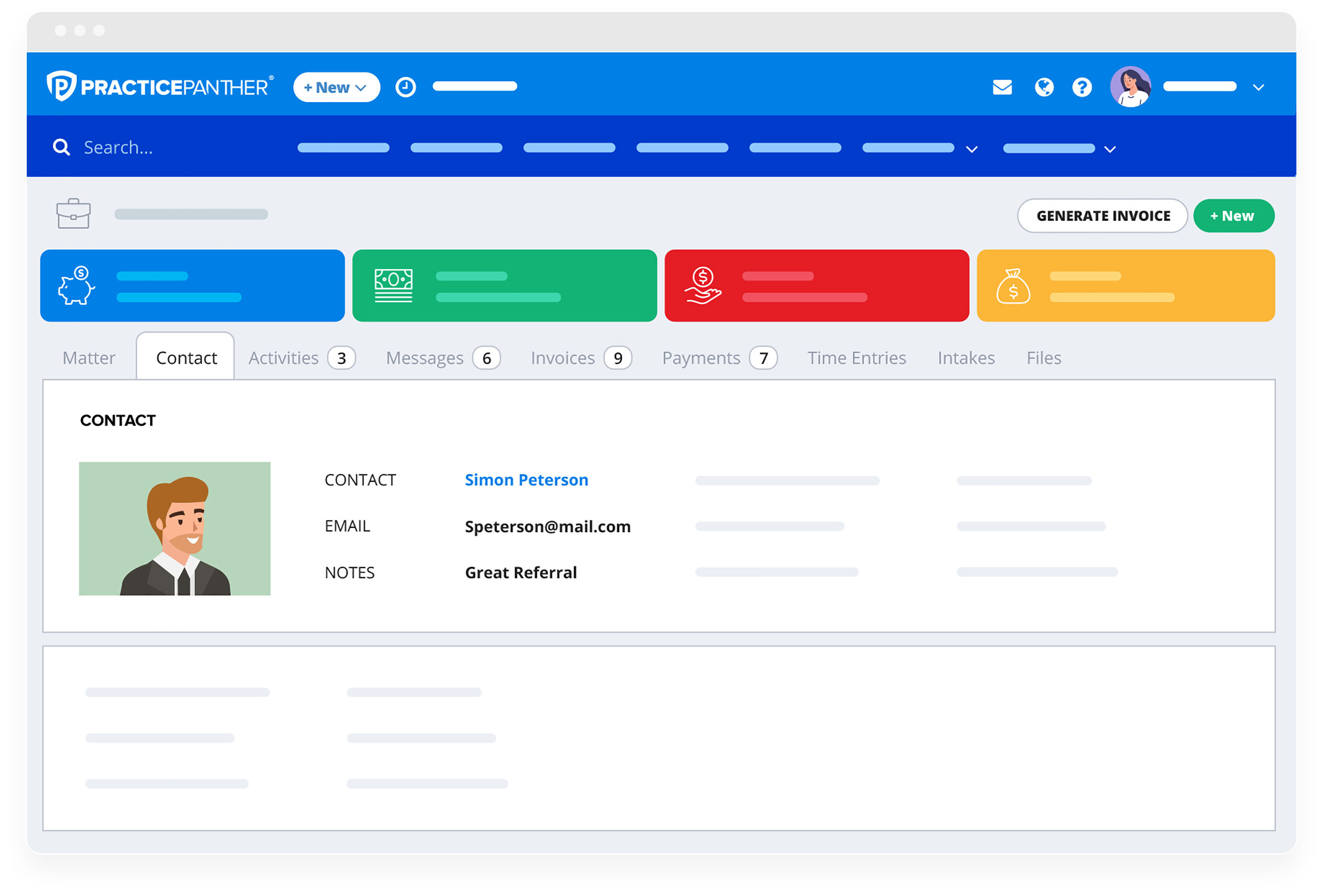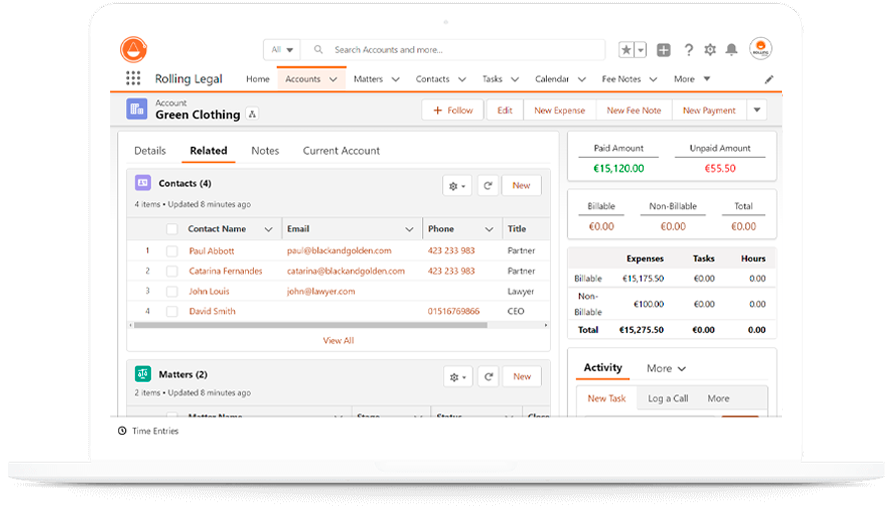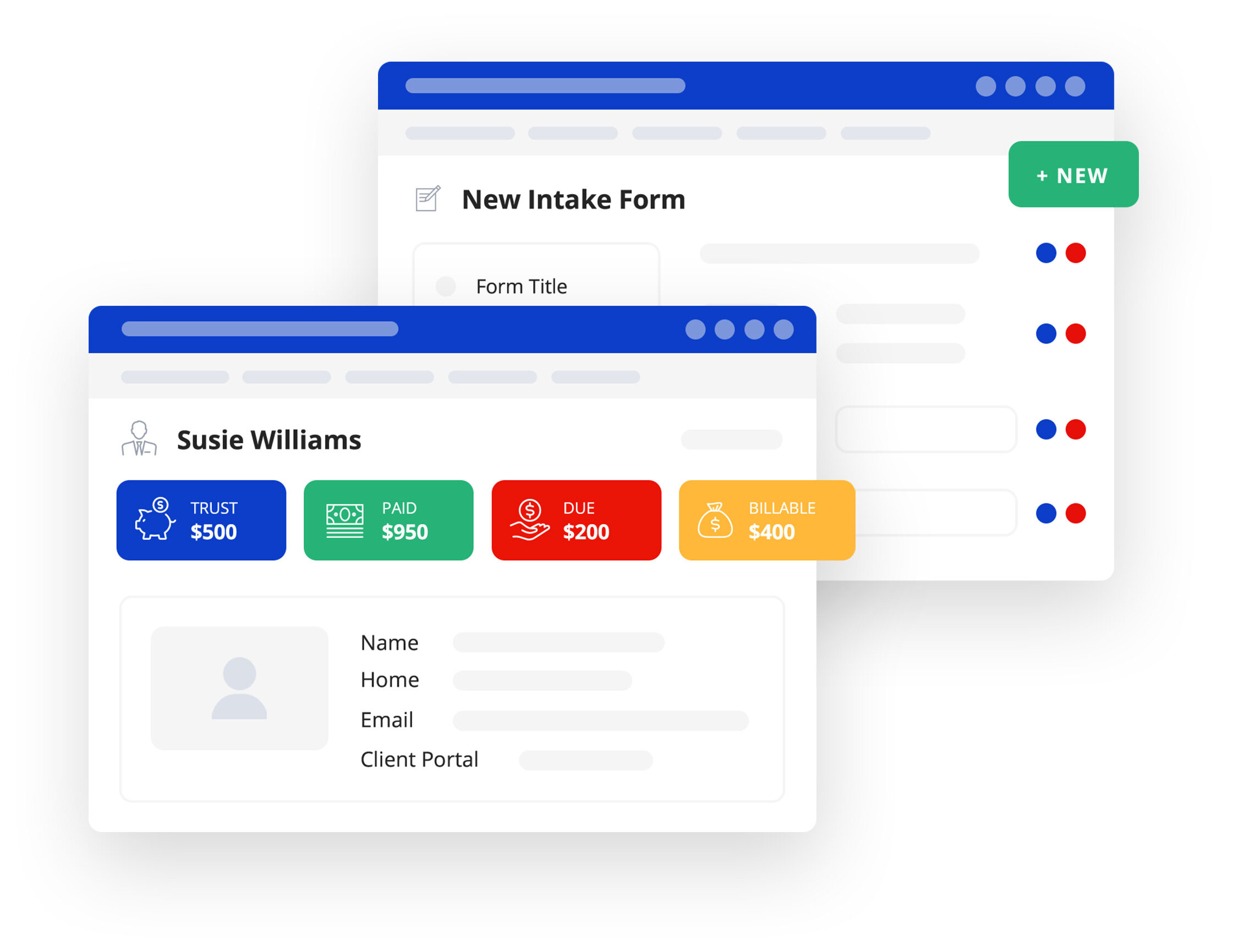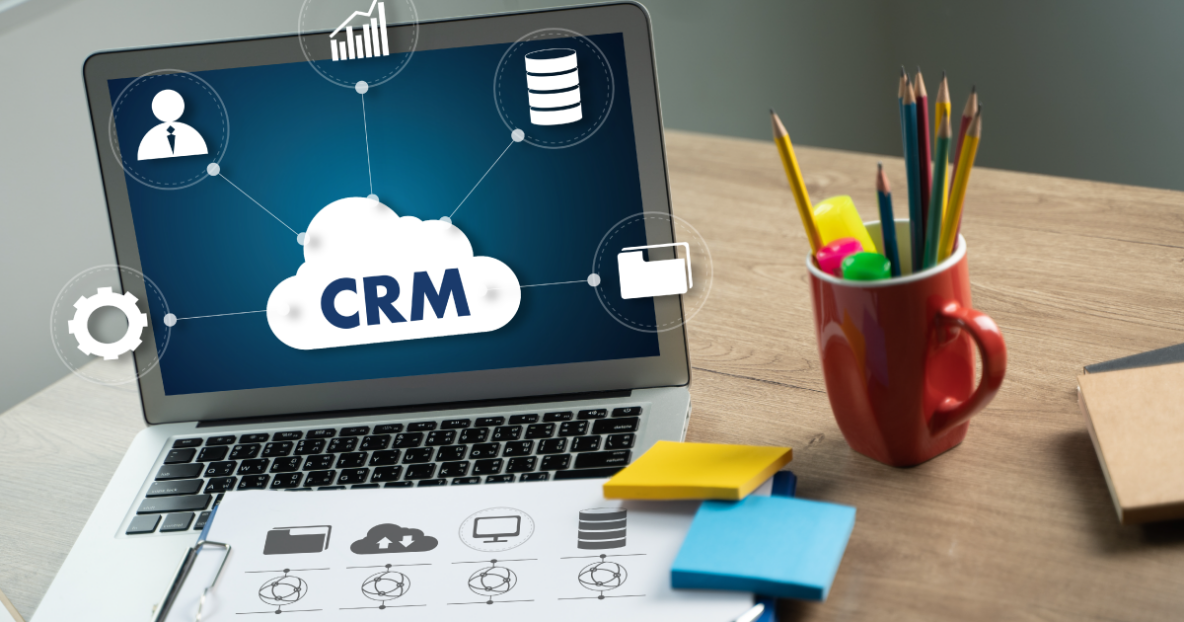In the competitive landscape of legal services, CRM for legal services emerges as a game-changer, empowering firms to cultivate enduring client relationships, streamline operations, and achieve unparalleled success.
CRM systems tailored specifically for the legal industry address the unique challenges faced by firms, fostering seamless collaboration, enhancing communication, and providing a comprehensive solution for managing the intricacies of legal practice.
Market Overview
The legal services industry is experiencing a surge in demand for customer relationship management (CRM) systems. This is due to the increasing complexity of client relationships and the need for law firms to improve their efficiency and profitability.
CRM systems can help legal firms to manage their client relationships more effectively by providing a central repository for all client data, automating tasks such as scheduling appointments and sending out invoices, and providing analytics that can help firms to identify opportunities for growth.
Challenges Faced by Legal Firms
Legal firms face a number of challenges in managing client relationships. These challenges include:
- The need to manage a large number of clients with complex needs.
- The need to track client interactions across multiple channels.
- The need to comply with ethical and regulatory requirements.
Benefits of CRM for Legal Services

A customer relationship management (CRM) system offers numerous advantages to legal firms. By centralizing client data, streamlining communication, and automating tasks, CRM enhances client satisfaction, improves team collaboration, and boosts overall efficiency.
Enhanced Client Satisfaction and Retention
- Personalized Communication:CRM allows firms to track client preferences, communication history, and case details, enabling tailored interactions that build stronger relationships.
- Improved Responsiveness:With centralized client information, legal teams can quickly access and respond to client inquiries, reducing wait times and fostering a sense of responsiveness.
- Case Tracking and Management:CRM provides a comprehensive view of client cases, allowing firms to monitor progress, track deadlines, and ensure timely updates to clients.
Enhanced Collaboration and Communication within Legal Teams
CRM fosters collaboration among legal professionals by providing a shared platform for:
- Centralized Document Management:Legal teams can store, share, and access case-related documents securely, eliminating the need for multiple versions and reducing the risk of data loss.
- Task Management and Delegation:CRM allows firms to assign tasks, track progress, and monitor deadlines, ensuring efficient collaboration and accountability.
- Real-Time Communication:Integrated communication tools within CRM enable seamless communication between team members, reducing delays and improving coordination.
Key Features of a Legal CRM: Crm For Legal Services

A robust CRM system tailored for legal firms should possess a comprehensive suite of features to effectively manage the unique complexities of legal practice. These features include case management, document management, and billing integration, each playing a crucial role in streamlining operations and enhancing productivity.
Case Management
Case management is a cornerstone feature of a legal CRM, providing a centralized platform to track and manage all aspects of legal cases. It enables lawyers to:
- Create and assign cases with customizable fields to capture relevant details
- Monitor case progress, track deadlines, and manage tasks
li>Collaborate with colleagues, clients, and external parties
Document Management, Crm for legal services
Document management is essential for organizing and accessing legal documents efficiently. A legal CRM should offer features such as:
- Centralized storage of all case-related documents, including contracts, pleadings, and correspondence
- Advanced search and filtering capabilities to locate documents quickly
- Version control to track changes and ensure document integrity
Billing Integration
Billing integration is crucial for streamlining financial management in legal firms. A legal CRM should seamlessly integrate with billing systems to:
- Generate invoices based on time entries and expenses
- Track payments and manage accounts receivable
- Provide reporting and analytics for financial performance
Implementation and Best Practices
Implementing a CRM system in a legal firm involves careful planning and execution. Here’s a step-by-step guide to help you get started:
1. Define your goals and objectives
Determine the specific needs and challenges you want to address with the CRM system.
2. Select a CRM provider
Research and compare different CRM solutions to find one that aligns with your firm’s size, budget, and requirements.
3. Gather and clean your data
Consolidate data from various sources, such as spreadsheets, emails, and case management systems, into a centralized repository.
4. Configure the CRM system
Customize the CRM to match your firm’s processes and workflows.
5. Train your team
Provide comprehensive training to ensure all users understand how to effectively use the CRM system.
6. Monitor and evaluate
Track key metrics to measure the effectiveness of the CRM system and make adjustments as needed.
Data Management Best Practices
Effective data management is crucial for a successful CRM implementation. Here are some best practices to follow:* Maintain data accuracy:Regularly review and update data to ensure it’s up-to-date and reliable.
Establish data governance policies
Define roles and responsibilities for data entry, maintenance, and access.
Integrate with other systems
Connect the CRM system with other relevant applications, such as billing and case management systems, to ensure seamless data flow.
User Adoption Best Practices
Encouraging user adoption is essential to maximize the benefits of a CRM system. Here are some best practices:* Make it user-friendly:Choose a CRM system that is intuitive and easy to navigate.
Provide ongoing training
Offer regular training sessions to help users get the most out of the system.
Foster a culture of data ownership
Empower users to take ownership of their data and encourage them to contribute to its accuracy.
Ongoing Maintenance Best Practices
Regular maintenance is essential to keep your CRM system running smoothly. Here are some best practices to follow:* Regularly update the system:Install software updates to ensure the latest features and security patches are implemented.
Monitor system performance
Track key metrics to identify any performance issues and address them promptly.
Back up your data
Regularly back up your CRM data to protect it from loss or corruption.
Integration with Other Legal Tech Tools

Integrating your CRM with other legal technology tools is crucial for streamlining workflows and boosting efficiency in your law firm. By connecting your CRM to other tools, you can automate tasks, improve communication, and gain a comprehensive view of your clients and cases.
For instance, integrating your CRM with a document management system allows you to store and manage all your legal documents within the CRM, making them easily accessible to authorized users. Similarly, integrating with a timekeeping and billing system enables you to track time spent on cases and generate invoices directly from the CRM.
Benefits of Integration
- Streamlined workflows: Automation eliminates manual data entry and reduces errors.
- Improved communication: Integrated tools provide a central platform for sharing information and collaborating with colleagues.
- Comprehensive view: Integration consolidates data from multiple sources, giving you a holistic view of your clients and cases.
- Enhanced productivity: Automation and improved communication free up time for lawyers to focus on more strategic tasks.
Case Studies and Success Stories

In the competitive legal landscape, successful law firms leverage CRM systems to streamline operations and enhance client relationships. Here are notable case studies that demonstrate the transformative impact of CRM implementation:
Benefits and Results
- Improved Client Engagement:By centralizing client data and communication, firms have fostered stronger relationships and increased client satisfaction.
- Increased Productivity:Automated workflows and seamless integration with other legal tech tools have streamlined processes, freeing up attorneys for higher-value tasks.
- Enhanced Business Development:CRM systems provide valuable insights into client behavior, enabling firms to identify opportunities for growth and target marketing efforts.
- Reduced Costs:By automating repetitive tasks and improving efficiency, firms have reduced operational costs and increased profitability.
Conclusion
By embracing CRM for legal services, firms can unlock a wealth of benefits, including improved client satisfaction, increased efficiency, and a competitive edge in an ever-evolving legal market. As the industry continues to evolve, CRM will undoubtedly remain an indispensable tool, shaping the future of legal practice and empowering firms to reach new heights of success.
Essential FAQs
What are the key benefits of CRM for legal services?
CRM for legal services offers numerous benefits, including improved client satisfaction, enhanced collaboration, streamlined communication, increased efficiency, and a competitive edge in the market.
What are the essential features of a legal CRM system?
Essential features of a legal CRM system include case management, document management, billing integration, time tracking, and communication tools tailored to the specific needs of legal firms.
How can firms successfully implement a CRM system?
Successful CRM implementation involves careful planning, data management, user adoption strategies, ongoing maintenance, and leveraging best practices to maximize its benefits.